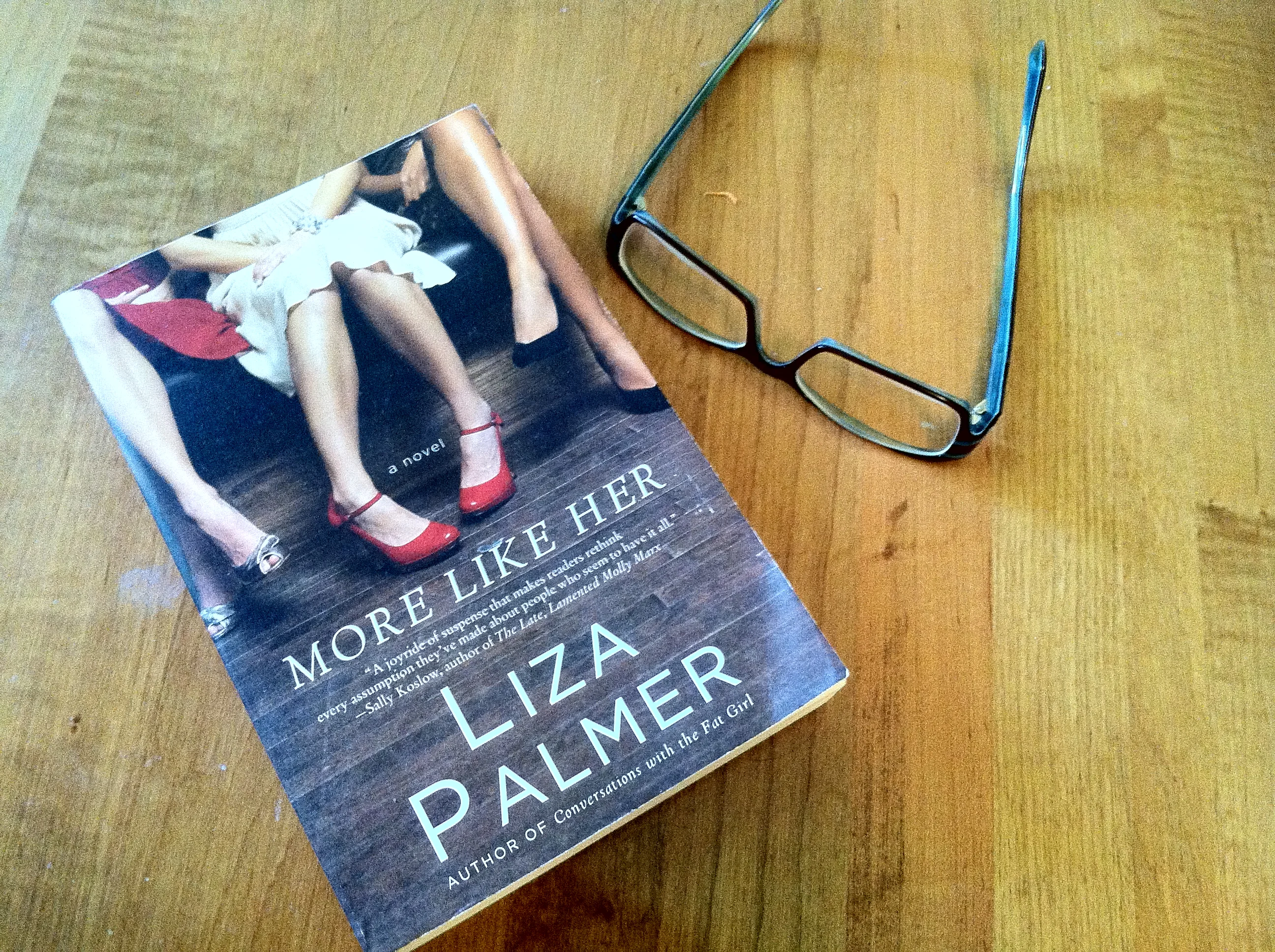There is more good than bad. Life and love win if you let them. If you believe in them.
Y'all know I've gushed quite a bit about Liza Palmer's books, especially last year's marvelous Nowhere But Home. As a result, I was surprised that I haven't written about any of her other novels beyond a vague, "Yo, this is awesome!"
I actually have a hard time picking a favorite of Liza's novels because I like them each for different reasons. More Like Her was actually the last Liza Palmer book I read, despite that I immediately bought her entire backlist after reading Nowhere But Home, and it sicks in my mind because it has one of my favorite final chapters (though, Liza pretty much kicks ass when it comes to last chapters).
That plus the fantastically well-done friendships and stickiness of work relationships makes More Like Her a can't miss novel and tied with Nowhere But Home for my favorite.






